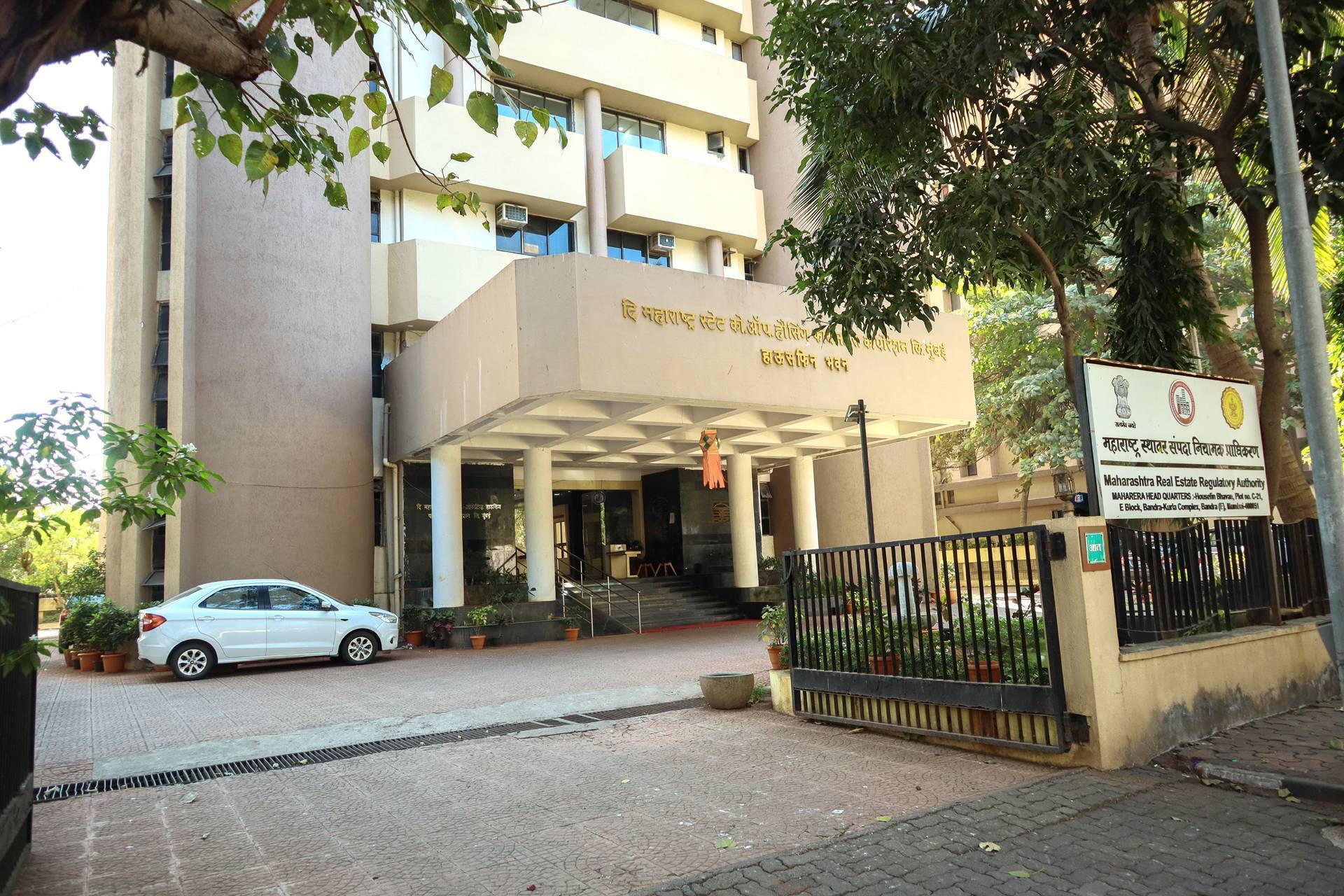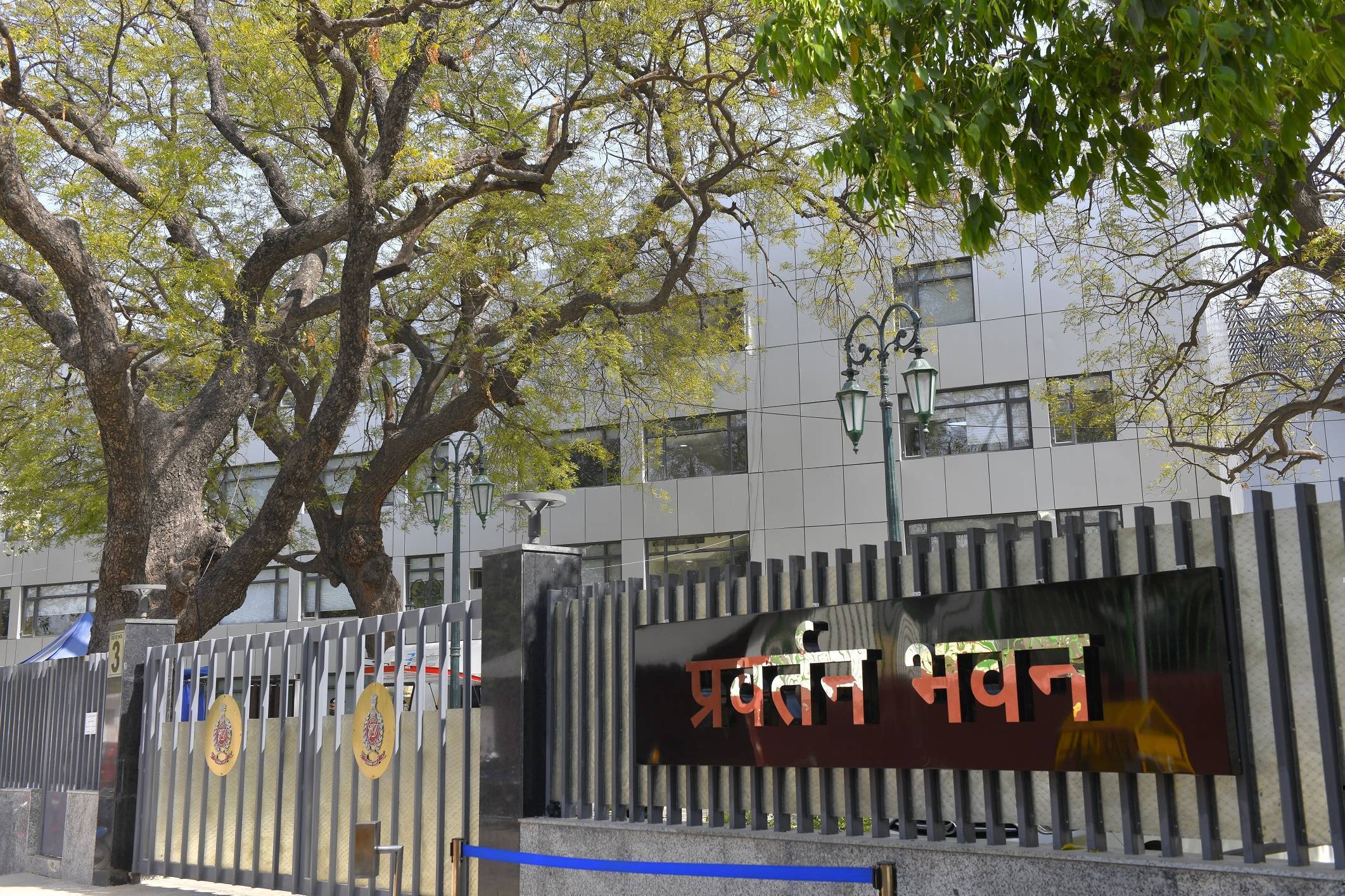The Bombay High Court has directed the City and Industrial Development Corporation of Maharashtra (CIDCO) to issue an occupancy certificate (OC) to Dolphin Co-operative Housing Society in Kharghar within one week. The court also imposed a cost of ₹50,000 on CIDCO, citing unreasonable delays in processing the application for nearly six years.
The court criticized CIDCO’s approach as arbitrary, noting that the construction of the society’s building was completed in July 2018, yet the OC was still pending. This delay affected 18 members of the society, preventing them from legally occupying their homes despite fulfilling all necessary requirements.
Background of the Case
The Dolphin Co-operative Housing Society was initially formed with 17 members and received an allotment letter and construction permission from CIDCO in 2001. The society later secured a commencement certificate in 2016. In 2017 and 2018, the society applied for the addition of one more member and sought an occupancy certificate. However, these applications received no response from CIDCO.
In an effort to resolve the matter, the society approached the state minister for housing, who in turn requested CIDCO’s chairman and managing director to review the case. CIDCO’s estate officer replied that there was no provision under the New Bombay Disposal of Lands Act to allow the addition of new members after the initial allocation.
Delays and Legal Battle
With no resolution in sight, the society continued its efforts and submitted another representation to CIDCO on January 4, 2021. The members pointed out that the lack of an occupancy certificate deprived them of their right to occupy their tenements. Many of them were forced to live in rented accommodations while continuing to pay loan instalments for their units.
On January 5, 2021, CIDCO’s associate planner rejected the occupancy certificate application, citing the society’s failure to furnish the final number of members for the allotted plot. This decision further prolonged the society’s struggle for legal occupancy.
Court’s Observations and Verdict
The Bombay High Court reviewed the case and concluded that CIDCO’s refusal to grant the occupancy certificate was unjustified. The court noted that the rejection was primarily due to the non-acceptance of an additional member rather than any substantial regulatory issue. Furthermore, the rejection was based on the absence of an estate No Objection Certificate (NOC), which the court found was being deliberately withheld by CIDCO’s estate officer without valid grounds.
The court held that CIDCO’s actions resulted in undue hardship for the society members and described the delay as an unreasonable and arbitrary exercise of authority. It directed CIDCO to issue the occupancy certificate within one week. Additionally, the court ordered that CIDCO’s managing director and concerned officers collectively pay ₹50,000 to the housing society within two weeks.
This ruling sets a precedent for housing societies facing similar delays in obtaining occupancy certificates from development authorities. It reinforces the principle that procedural delays should not unjustly hinder rightful ownership and possession of legally constructed properties.
The judgment emphasizes the importance of timely processing of applications by regulatory bodies and ensuring that bureaucratic delays do not violate property owners' rights. It also indicates that courts will step in when authorities act arbitrarily or excessively.









.png)